One moment, Gordon Bose enjoyed lunch at a restaurant last Christmas Eve with his wife and niece.
The next, he lay in a bed surrounded by blinking lights. Must be Christmas lights, he thought.
He soon learned the truth: “I was in a hospital and those lights were lights on the machines keeping me alive.”
Three days had passed since his holiday lunch.
Three lost days. A time Gordon now calls “my Christmas miracle.”
His heart stopped, and it took a team of strangers to save his life—helpful bystanders as well as the heart specialists at Spectrum Health and Holland Hospital.
“It was just a miraculous set of circumstances,” Gordon said.
A 56-year-old business executive who lives in Farmington, Michigan, Gordon exudes energy and good health. As one friend told him, “I don’t look like a guy whose heart stopped for 24 minutes.”
But that’s what happened on Dec. 24, 2018, at Boatwerks Waterfront Restaurant in Holland, Michigan. The last thing he remembers is excusing himself to go to the men’s room.
“I believe I kind of collapsed in the restroom as soon as I entered,” he said.
Another restaurant patron, Craig Bell, entered the restroom, saw Gordon on the floor and called for his stepson, Elliott Johnson.
Both knew CPR, and they immediately began to perform chest compressions.
The restaurant manager called 911. Firefighters arrived within minutes—the fire station was almost across the street.
“I chose the place well, I guess,” Gordon said.
They performed CPR for more than 20 minutes before Gordon’s heart began to beat again.
But then it stopped a second time.
Again, the first responders brought him back.
An ambulance rushed him to Holland Hospital, which has a partnership with the Spectrum Health Heart & Vascular Center.
Heart specialists discovered plaque had ruptured and caused a blockage in the left anterior descending artery, the most important of the heart’s three coronary arteries, said David Wohns, MD, Spectrum Health division chief of cardiology. Such heart attacks are so deadly doctors call them the widow-maker.
The heart attack caused an irregular heart rhythm, which in turn caused cardiac arrest—Gordon’s heart stopped beating.
In the catheterization lab, a doctor placed a stent in Gordon’s artery to open it.
But in the intensive care unit after the procedure, his blood pressure plummeted. He began to go into cardiogenic shock—his heart could not pump enough blood to meet his body’s needs.
He suffered a third cardiac arrest. Again, he received CPR to restart his heart.
Gordon went back to the catheterization lab.
Spectrum Health cardiologist Araya Negash, DO, implanted an Impella heart pump, a device that circulates blood through the body, keeping vital organs alive.
“It let his heart rest while blood was being pumped,” Dr. Wohns said. “It gave his heart a chance to recover.”
With the pump in place, Gordon was transferred to the Spectrum Health Fred and Lena Meijer Heart Center, where he received care in the cardiac intensive care unit.
In those first days following his heart attack, the medical team kept his blood temperature cool to preserve his brain and other major organs.
After two days, doctors removed the Impella device.
The ventilator came out the next day.
And that’s when Gordon woke up and discovered what had happened.
He learned his wife, Nita, remained by his side throughout the ordeal—with plenty of backup.
“All of our friends dropped their Christmas plans and descended on Grand Rapids,” he said. “There was a whole bunch of people there to support her.”
As Gordon continued to recover, his heart’s ejection fraction—the amount of blood pumped—rose from 10% to 45%, Dr. Wohns said. A healthy heart pumps at 55 to 60%.
Gordon left the hospital on New Year’s Eve, one week after his heart attack.
A first birthday
The heart attack came as a shock to Gordon, who exercised regularly and ate a healthy diet.
“Other than a high-stress job and crazy travel, there was nothing that indicated an impending cataclysmic event like that,” he said.
He quit his job. And he went into recovery mode for the next six months.
He began cardio therapy, working out in the mornings. Each day, he returned home to nap in front of the fireplace, with his dog, Kramer, curled up on his lap. The 12-year-old cockapoo, a rescue dog, has stayed particularly close since his heart attack.
In follow-up visits with his cardiologist, Gordon learned his heart’s ejection fraction returned to normal—55%.
Over the summer, he filled his days with visits to the gym, golf and sailing. And in the fall, he went back to work—at a new job at a smaller company.
“I’ve dialed everything back 1,000%,” he said. “I don’t sweat the small stuff anymore. Worldly possessions are much less important to me now.”
What is important: finding joy in the simple pleasures of everyday life.
Asked his age, Gordon says he is 1 year old. He considers Dec. 24, 2018, his new birthday.
And with his new life comes a new sense of purpose.
“I firmly believe so many miracles could not have happened without the intent of me paying it forward somehow,” he said. “I look for ways to give back.”
He recently spoke at a reunion of heart recovery survivors at Spectrum Health and took the opportunity to thank the medical team that saved his life.
“I call myself a Christmas miracle on two legs,” he said. “They all are responsible for this miracle.”
This Christmas Eve, he hosted a gathering at his home for his friends, calling it the “Sorry I screwed up your Christmas last year” party.
A rewarding comeback
So many factors led to Gordon’s survival, Dr. Wohns said, and it started with the bystanders who jumped in, ready and able to perform CPR.
“The quick response is critical to survival, and particularly to meaningful survival,” he said. “The longer the brain and body are without blood flow, the less likely you are to survive.
“If he was not found immediately but found 20 to 30 minutes later, he probably would not have survived.”
Having the latest in cardiac expertise and technology close at hand also mattered.
“All those things came together,” he said.
And for Dr. Wohns and the cardiac care team, Gordon’s dramatic comeback “is incredibly rewarding,” he said. “It’s the joy and privilege of what we do.
“And, fortunately, we have more of these stories than ever before.”
Every day a new day
Gordon and Nita recently arrived at their vacation condominium in Saugatuck for a winter visit. They looked at each other, the memories of last year’s events fresh in their minds, and talked about the what-ifs.
“You can’t help but think ‘what if.’ In fact, you have to keep reminding yourself to appreciate everything in a renewed way,” Nita said.
“Every day we find a reason to reminisce on what it would have been like if I hadn’t survived,” Gordon said.
“Every day is a blessing. We do a reaffirmation of that blessing.”
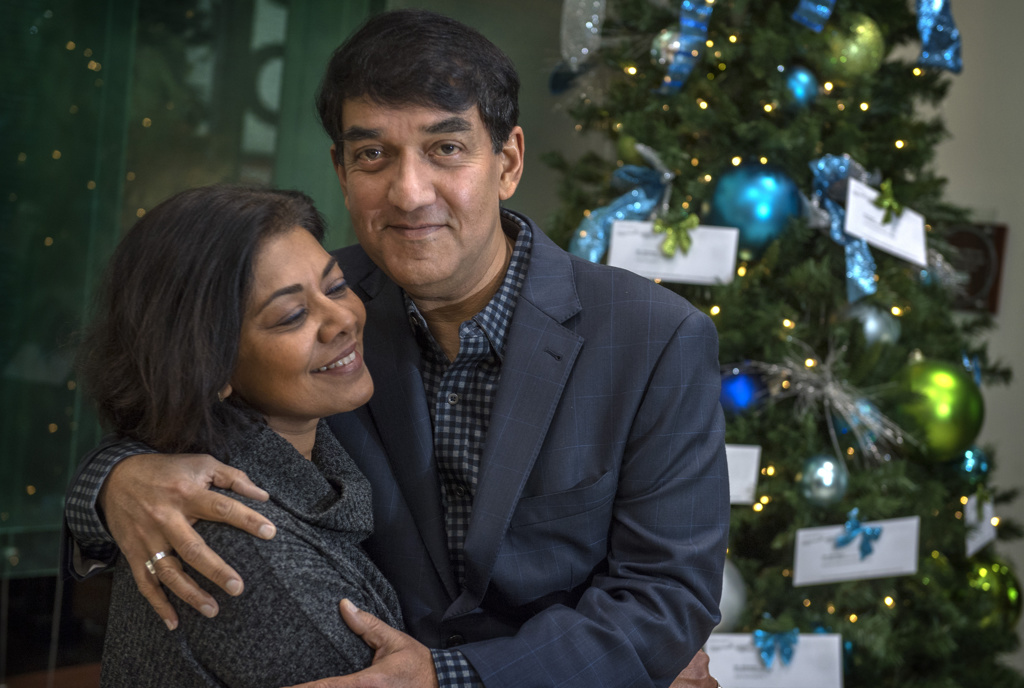
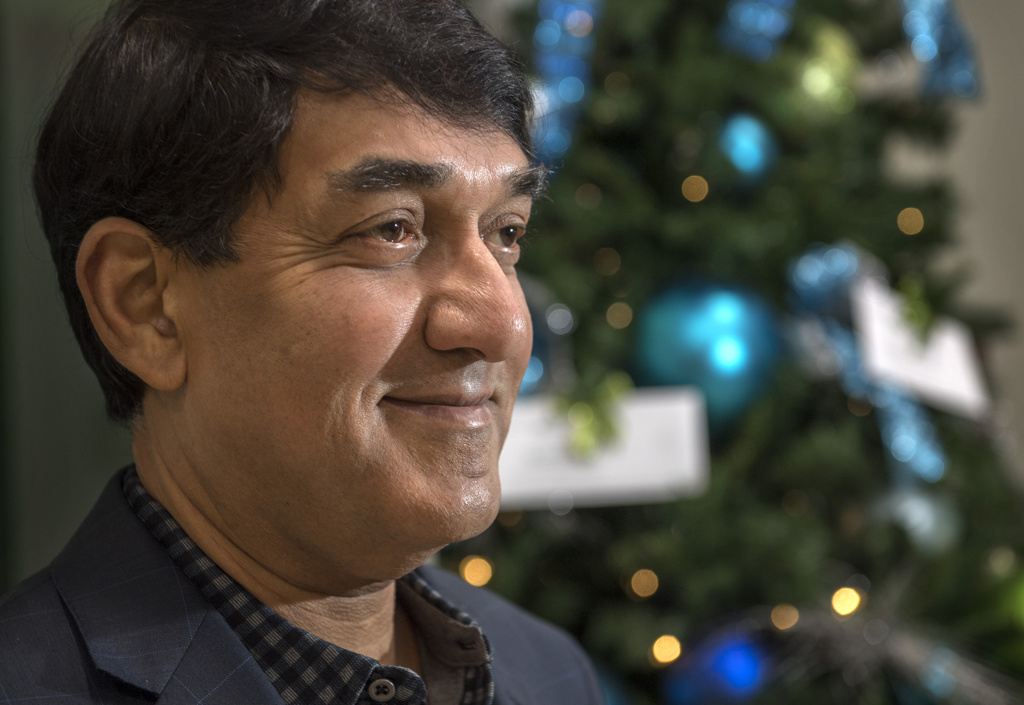
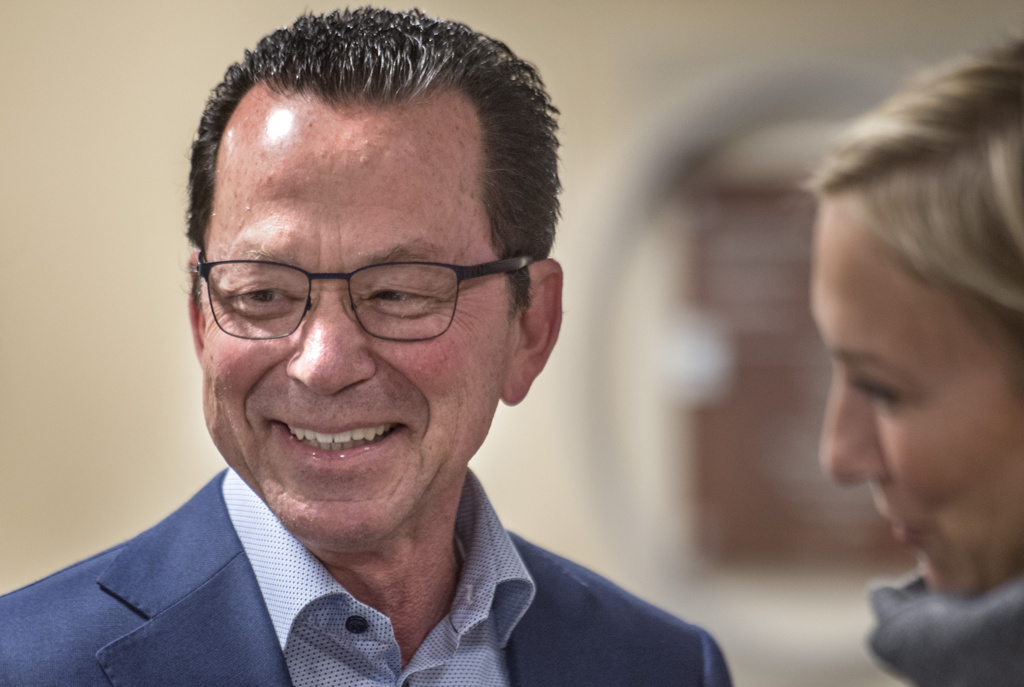
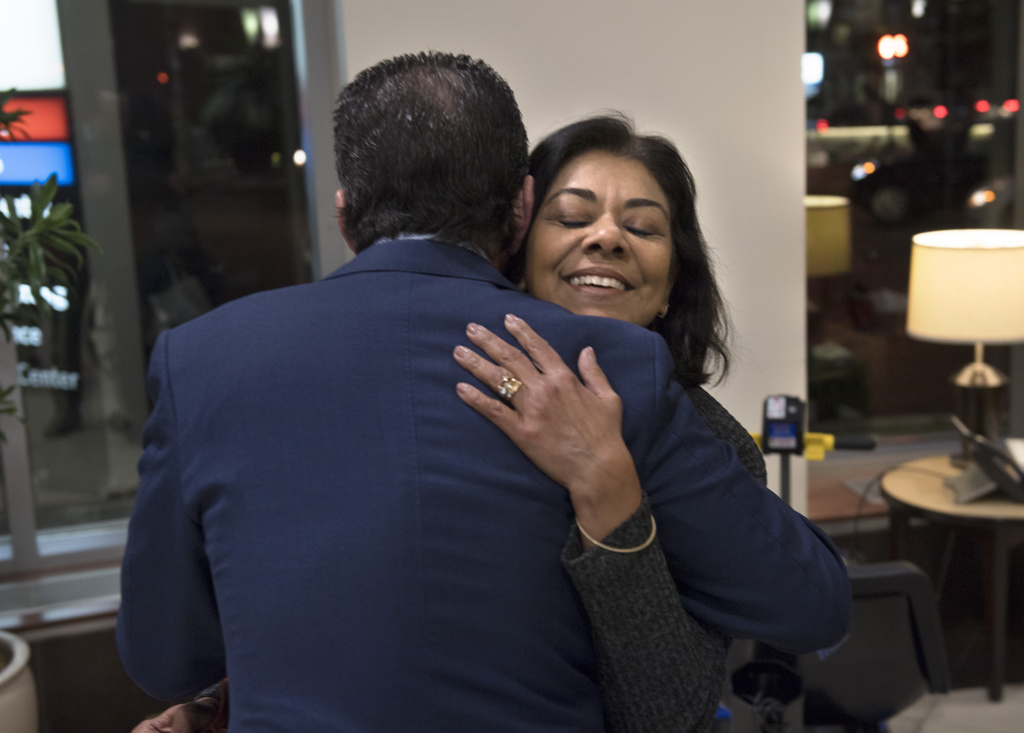
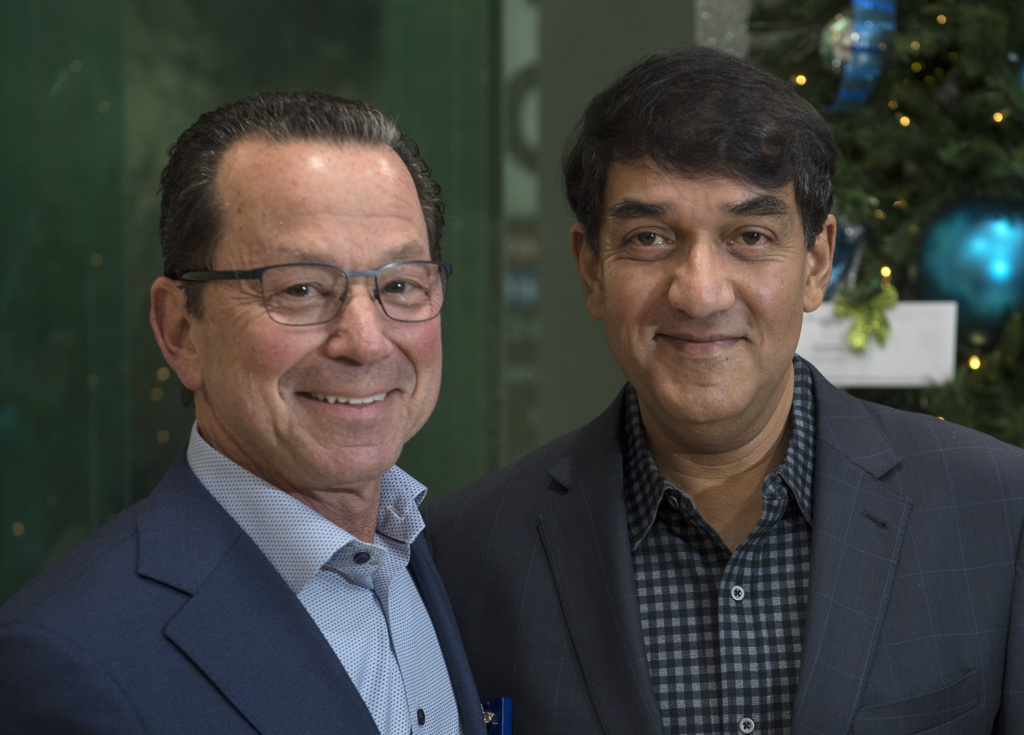
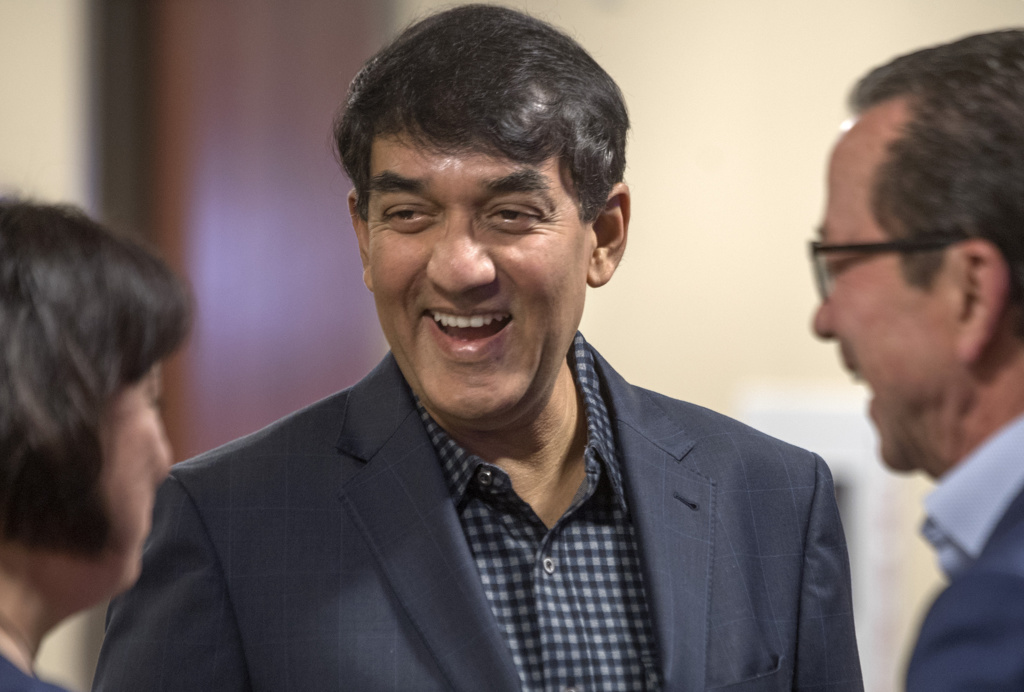
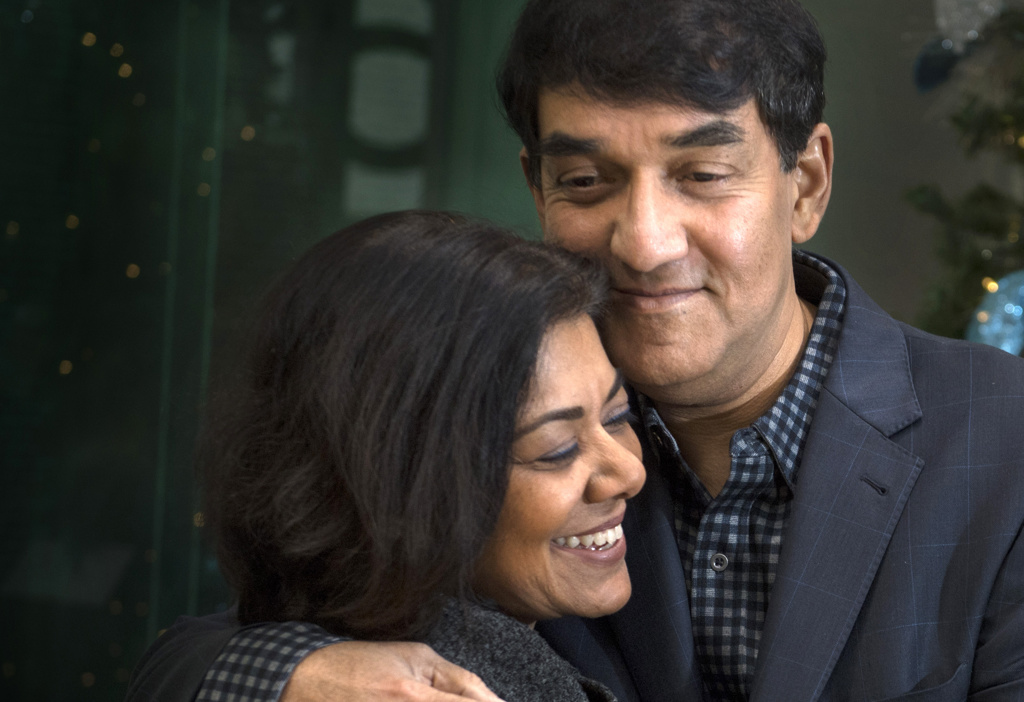
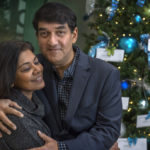
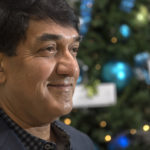
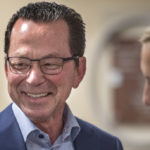

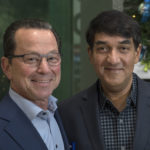
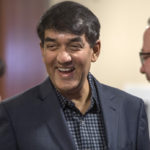

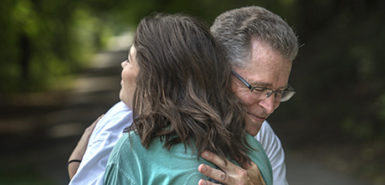 /a>
/a>
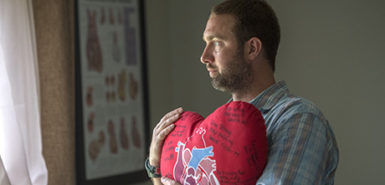 /a>
/a>
 /a>
/a>